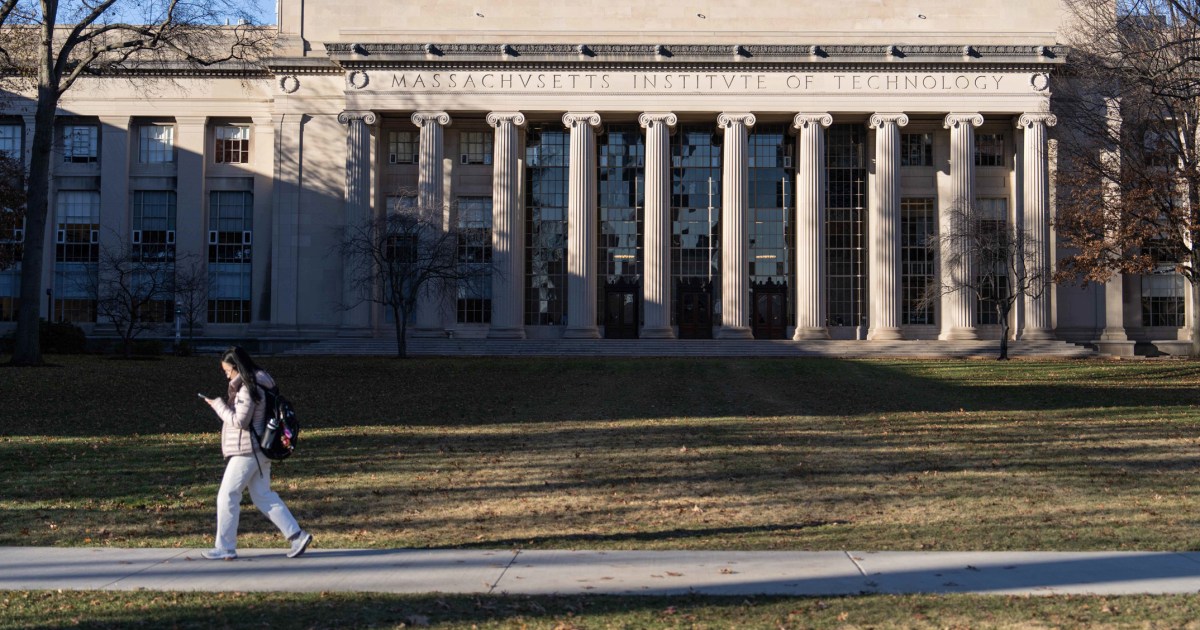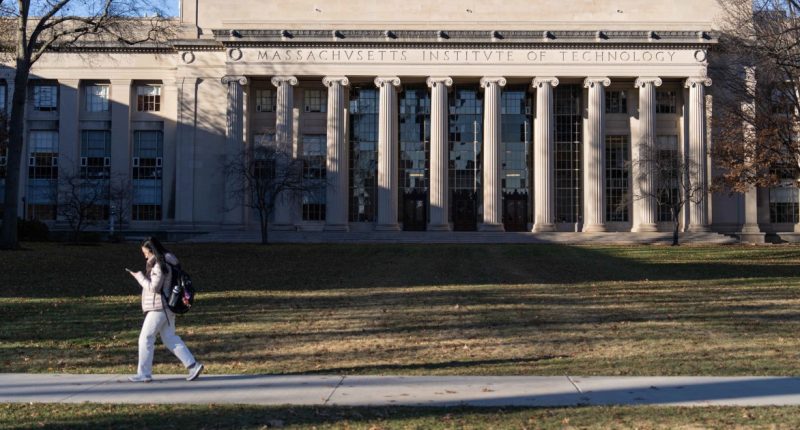
U.S. colleges and universities won’t receive students’ applications for financial aid until at least early March, the Department of Education said Tuesday.
The delay is the result of the department’s decision to fix an error in how a student’s aid eligibility is calculated. That fix is intended to cover students entering college for the 2024-25 academic year.
Normally, student data from the Free Application for Federal Student Aid (FAFSA) is received by schools in late fall or early winter, soon after students start receiving the applications themselves starting in October.
But a bumpy rollout of a new, simplified FAFSA form mandated by Congress in 2020 led to current students being unable to fully access applications until the first week of 2024, signaling that delays in getting financial aid offers from schools for the coming academic year would be inevitable.
Then, earlier this month, the department confirmed that it had failed to update the tables used to calculate the eligibility of a student’s family based on inflation.
That series of mishaps ultimately led to Tuesday’s announcement.
“On the very day that schools were expecting FAFSA applicant information, they were instead notified by the U.S. Department of Education that they shouldn’t expect to receive that data until March, at the earliest,” said Justin Draeger, president of the National Association of Student Financial Aid Administrators, in a statement Tuesday.
“These continued delays, communicated at the last minute, threaten to harm the very students and families that federal student aid is intended to help.”
In its statement announcing the latest delay, the department also acknowledged that students cannot currently make corrections to their forms and wouldn’t be able to do so until the first half of March.
“With this last-minute news, our nation’s colleges are once again left scrambling as they determine how best to work within these new timelines to issue aid offers as soon as possible,” Draeger said, adding that financially vulnerable students should not be the ones to “pay the price for these missteps.”
A department website lists a host of other issues on the new form that are affecting applicants, including the inability of students whose parents who may lack Social Security numbers to apply.
In its latest statement, the department said 3.1 million FAFSA forms have been successfully submitted since the redesigned application went live. A department spokesperson did not have additional comment beyond today’s statement.
“The Better FAFSA makes it as simple and easy as possible for families to get help paying for college, and updating our tables will help even more students get the help they need,” said U.S. Under Secretary of Education James Kvaal in the statement.
“Updating our calculations will help students qualify for as much financial aid as possible. Thank you to the financial aid advisers, college counselors, and many others helping us put students first.”
Source: | This article originally belongs to Nbcnews.com










